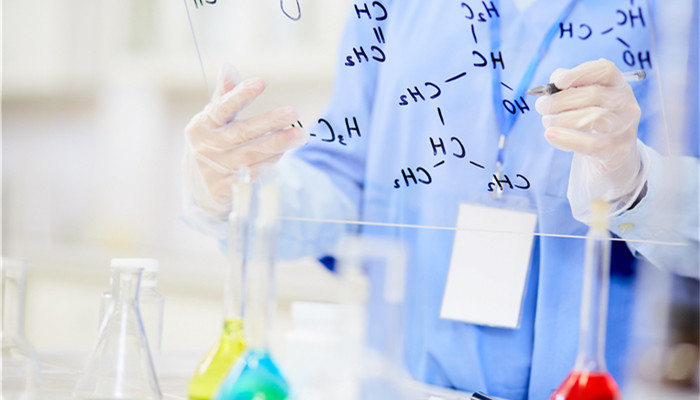
There are many POE-g-MAH manufacturers and there is huge room for future market development.
POE is a random copolymer elastomer of ethylene and high-carbon α-olefins (1-butene, 1-hexene, 1-octene, etc.) catalyzed by a metallocene catalyst. It has excellent mechanical properties, rheological properties and UV resistance. In addition, POE also has the advantages of good affinity with polyolefins and good low-temperature toughness, and is widely used in the toughening modification of non-polar polymers such as polypropylene (PP) and polyethylene (PE).
POE is a non-polar elastomer with poor compatibility with polar materials, which is not conducive to the modification and enhancement of polar polymers such as polyamide (PA) and polyethylene terephthalate (PET). A common approach is to first perform graft modification on POE and graft low molecular weight compounds containing polar functional groups onto the macromolecules, thereby changing the polarity of the POE molecular chain and improving its compatibility with polar polymers. , enabling it to be applied to the modification of polar polymers. Commonly used grafting monomers for POE include maleic anhydride (MAH), glycidyl methacrylate (GMA), methacrylic acid (MAA), acrylic acid (AA), etc.
POE-g-MAH (POE grafted maleic anhydride) is based on POE elastomer and grafted with highly reactive maleic anhydride (MAH) monomer through reaction extrusion. POE-g-MAH can be used as a good toughening agent and compatibilizer. Its toughening effect is better than that of pure POE without grafting. It is suitable for PA, PP, PE, PC, ABS, PET, PBT, etc. The compatibility and toughening of its alloy materials.
POE is a thermoplastic elastomer with excellent properties. In order to broaden its application fields, graft modification of POE has been the focus of research in recent years. Among them, POE-g-MAH is one of the most commonly used grafts. The broad market prospects have attracted more and more companies to enter this field, promoting the continuous increase of industry production capacity. According to the“China POE-g-MAH Industry Market Monitoring and Future Development Prospects Research Report 2021-2025” released by the Industrial Research Center, In 2020, China’s POE-g-MAH industry production capacity reached 41,500 tons.
At present, there are many manufacturing enterprises in the field of POE-g-MAH in China, and these enterprises can be divided into two major gradients. The first gradient is the relatively well-known companies such as Jiayiron Compatibilizer Jiangsu Co., Ltd., Coais Chemical Co., Ltd., Huangshan Beno Technology Co., Ltd., Ningbo Nengzhiguang New Material Technology Co., Ltd., etc. These companies have large production scales. Those with a production capacity of more than 2,000 tons are larger enterprises; the second gradient is a large number of small and medium-sized enterprises, with production scales mostly below 1,000 tons. Some enterprises have certain competitiveness in their regions, but cannot compete in the national market. Weak power and low market share. Overall, there are few large-scale manufacturers in the field of POE-g-MAH in my country, mainly small and medium-sized enterprises. The market concentration is not high, and the competition among small and medium-sized enterprises is relatively fierce.
Industry researchers said that POE-g-MAH is currently the most widely used POE graft and is used in the toughening of polymer materials. Obvious results have been achieved in research. The graft has excellent performance and is widely used in terminal industries such as automobiles, electronic appliances, and rail transit. The industry prospects are very broad. In the future, as the market trends of “replacing wood with plastic” and “replacing steel with plastic” become more and more obvious, the high-performance plastics industry will develop rapidly, which will also stimulate the continued expansion of the POE-g-MAH market space. POE-g- The MAH industry will usher in good development opportunities.

 微信扫一扫打赏
微信扫一扫打赏

